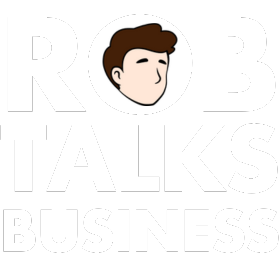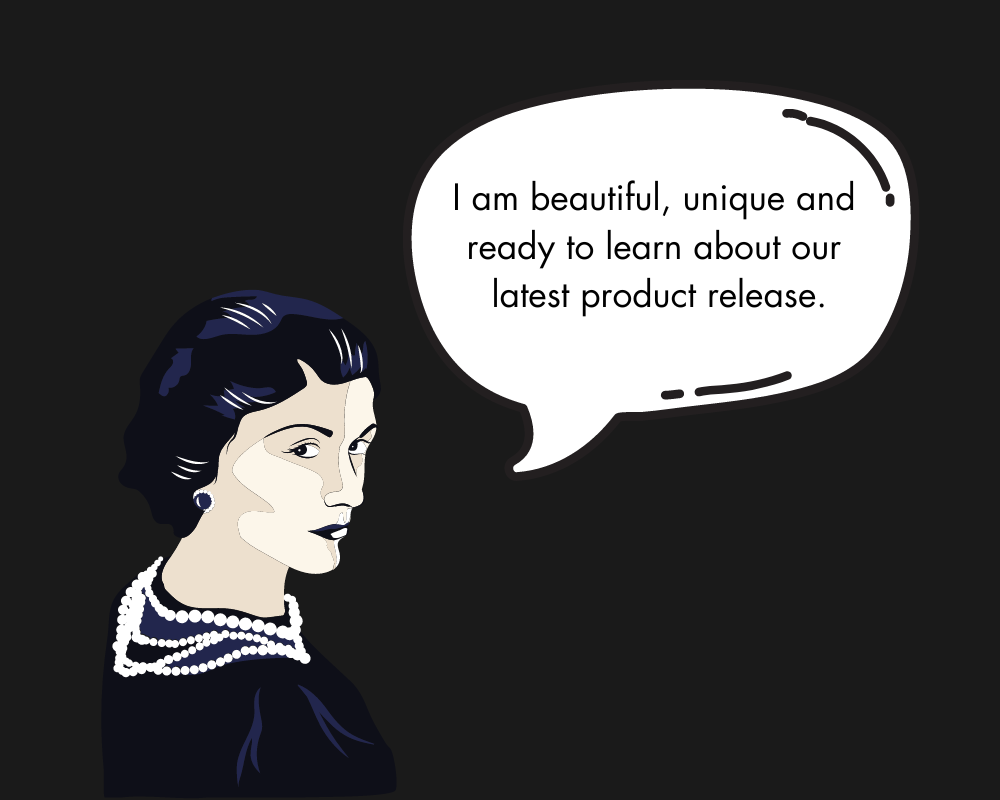“The most courageous act is still to think for yourself.” - Coco Chanel
The Power of Independent Learning: Coco Chanel’s Legacy
Coco Chanel, born into poverty and raised in an orphanage, was not handed the typical keys to success in the exclusive world of high fashion.
She lacked formal education and connections, but what she possessed was far more valuable - an innate curiosity, a sharp intellect, and a deep sense of independence.
It was this combination that fueled her journey from obscurity to icon.
Chanel’s success was rooted not merely in skill or craft, but in her ability to understand the deeper desires of women.
She recognized that they longed for something beyond the restrictive and ornate designs of the time. They wanted comfort, elegance, and practicality - qualities that aligned with their evolving sense of self.
Chanel did more than design clothes; she taught women how to live authentically.
She introduced simplicity into fashion, using jersey fabric, traditionally reserved for men’s underwear, to create elegant, functional pieces that redefined how women dressed.
Chanel’s learning journey mirrors the principles of personalized learning pathways.
She listened deeply to her own inner vision while catering to the desires of her clients. In doing so, she reshaped an entire industry by aligning her work with the intrinsic needs of her audience. She fostered a growth mindset in women, encouraging them to embrace their uniqueness and defy societal expectations.
This is the essence of independent thought and mastery - principles that any modern organization must embrace to cultivate greatness within its team.
The Start of Something New: Learning About Learning
After spending a decade perfecting my skills in selling, I came to a critical realization - I still had much to learn about teaching.
This was not a minor insight, but a profound shift in my thinking.
Selling, after all, is an art of communication, persuasion, and influence.
But teaching?
Teaching requires something deeper: an understanding of human nature, the ability to inspire growth, and the wisdom to guide others on their own journeys of self-mastery.
Much like Coco Chanel, who transcended mere fashion design to teach women how to live with freedom and confidence, I realized that teaching is not simply about conveying information.
It’s about shaping minds, fostering confidence, and helping others tap into their unique strengths.
With this in mind, I’ve decided to dedicate a new section of my blog to the art of teaching - because true mastery, whether in selling, designing, or educating, is about understanding the deeper currents that drive human behavior.
The Role of a Learning & Enablement Department
The majority of learning and enablement departments miss the point entirely.
They focus on teaching employees how a product or service works, but this is akin to a math teacher believing their job is simply to teach 2+2.
Great teachers - and great leaders - understand that their true mission is far more profound. They are shaping minds, instilling confidence, and helping others discover their own potential.
As a student to a great teacher, you are learning how to learn.
Coco Chanel embodied this philosophy. She wasn’t just showing women how to dress; she was teaching them how to embrace their individuality, to reject societal constraints, and to express themselves authentically.
This is the true role of learning and enablement departments: to help individuals embrace their uniqueness and grow into the best version of themselves.
Focusing solely on product features is a symptom of a deeper problem.
Either the product is too complex, or the communication is not tailored enough.
True learning departments understand that their primary mission is to develop people, not just transfer knowledge.
They create environments where individuals can flourish by recognizing their inherent differences and providing personalized learning pathways.
The Argument for Personalized Learning Pathways
Everyone is born with a unique set of strengths, weaknesses, and inclinations.
Like a seed, this uniqueness must be nurtured to reach its full potential.
A one-size-fits-all approach to learning stifles growth. Instead, organizations must create personalized learning pathways that cater to the individual.
This is why Coco Chanel succeeded - she understood the unique desires of modern women and tailored her designs to reflect their needs.
Similarly, in a professional setting, allowing individuals to pursue topics and skills that resonate with their natural inclinations leads to mastery.
The public school system often falters because it fails to cater to individual strengths.
In contrast, a company has the resources to foster this kind of personalized learning.
Employees, driven by their inner motivations, are far more likely to excel when given the freedom to follow their own path.
A Truly Scalable Learning & Enablement Department
One of the greatest challenges in learning and enablement is scalability.
When messages don’t resonate, they aren’t internalized and, therefore, don’t spread.
To create a scalable learning culture, you must go beyond teaching new features or processes. Learning must become a core part of the organization’s culture - something that employees live and breathe.
Coco Chanel built a brand that transcended fashion because she created a philosophy that resonated deeply with women.
She wasn’t just selling clothes; she was selling a way of life.
In the same way, a successful learning department creates an environment where employees are hungry for growth. When learning becomes part of the company’s DNA, even the simplest lessons are internalized and shared.
Four Principles for Building a Learning Culture
- Promote Independent Thought: Coco Chanel knew the power of thinking independently. She defied conventional norms and created something entirely her own. In a learning environment, fostering independent thought is crucial. Employees should be encouraged to think critically, challenge the status quo, and develop their own ideas. This can be achieved through open-ended projects, debate forums, and a culture that values diverse perspectives.
- Foster Growth Mindsets: Chanel’s journey was one of constant evolution. She never stopped learning, never stopped growing. This is the essence of a growth mindset - the belief that abilities can be developed through effort and perseverance. Learning programs should encourage employees to embrace challenges, persist through difficulties, and see failure as a stepping stone to success.
- Address the Pains of Being Unique: Embracing uniqueness often comes with criticism and misunderstanding. Chanel faced this when she introduced simplicity into fashion, yet her courage to stay true to her vision led to groundbreaking success. Learning programs must prepare employees to face criticism and embrace their individuality, offering resilience training and peer support to help them navigate the challenges of being different.
- Assume Learning is Driven by Nurture: While there will always be a debate about nature versus nurture, the world of teaching should operate on the belief that learning is driven by nurture. Organizations must create environments that support growth and individuality. Mentorship, feedback, and opportunities for hands-on learning are essential. By fostering these conditions, companies can help their employees reach their full potential.
Conclusion: The Path to Mastery
Coco Chanel’s story is one of relentless learning, adaptation, and independent thought.
She understood that to succeed, one must tap into their inner potential, embrace their uniqueness, and never stop evolving.
The same principles apply to modern organizations seeking to cultivate growth and mastery within their teams. By fostering a culture of independent thought, promoting growth mindsets, and creating personalized learning pathways, companies can unlock the full potential of their employees, driving success and innovation across all levels.
Just as Chanel transformed fashion by aligning her work with the desires of modern women, leaders must align their learning programs with the unique needs of their team, creating an environment where mastery is not just encouraged, but inevitable.






